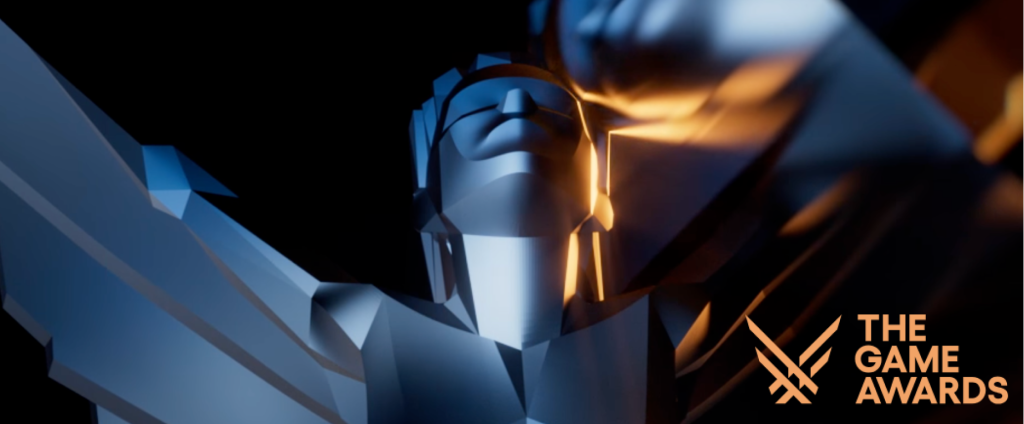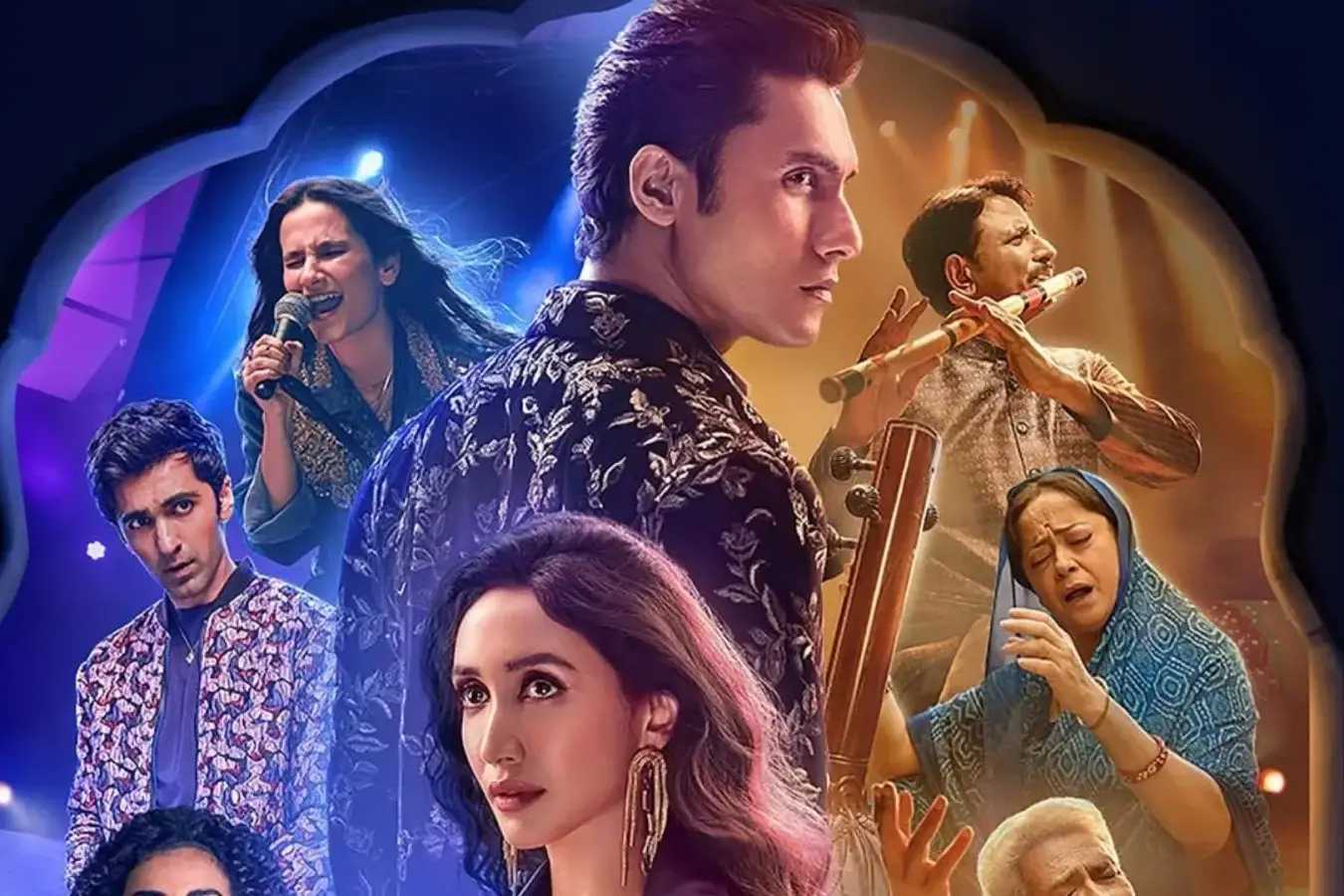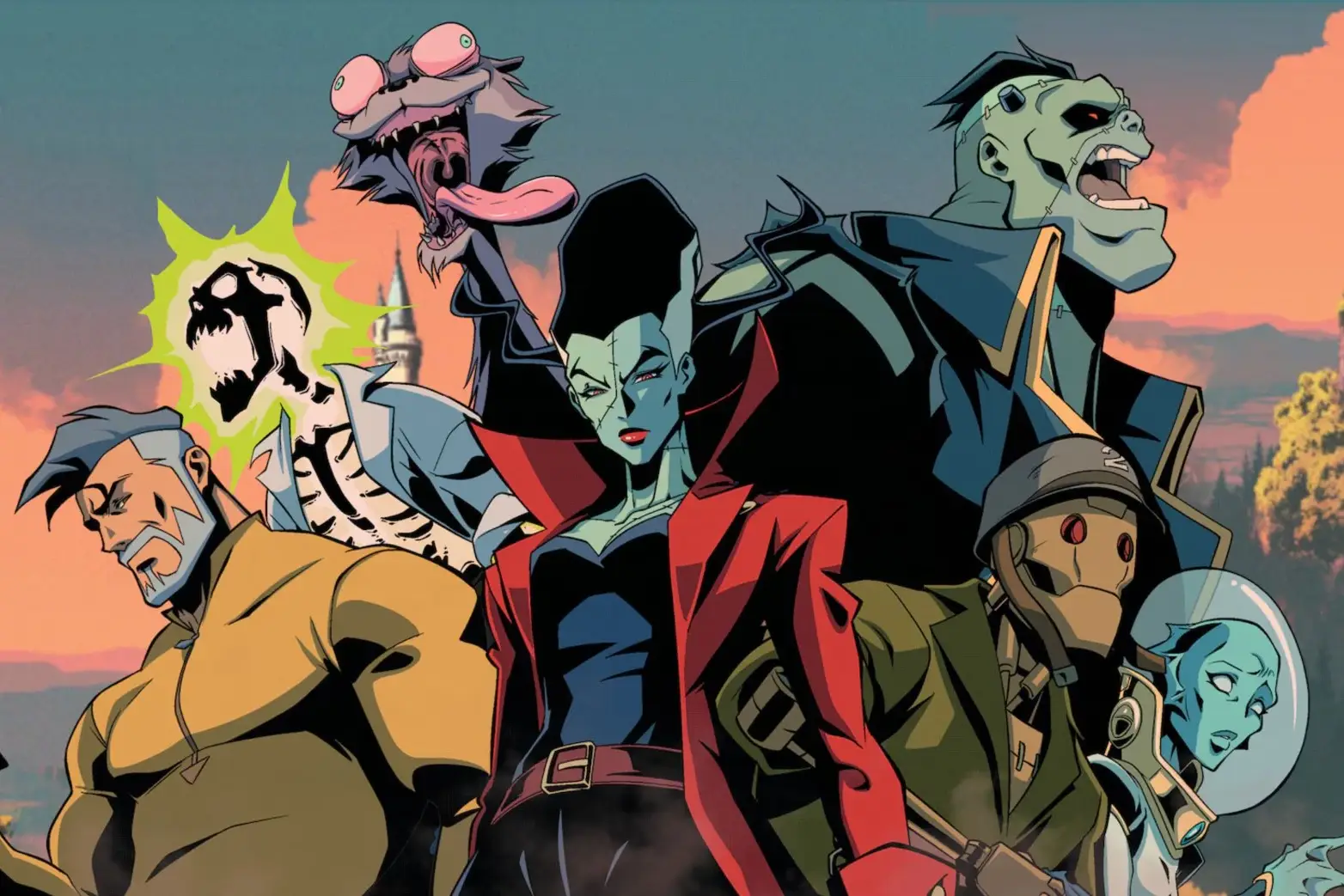A Deep Dive into Its Victory and What Set It Apart
The gaming industry witnessed a groundbreaking moment as Astro Bot was crowned Game of the Year (GOTY) 2024 at The Game Awards. Developed by Team Asobi and published by Sony Interactive Entertainment, Astro Bot not only showcased stellar gameplay but also demonstrated how virtual reality (VR) and next-gen console technology could revolutionize gaming. The award came amid stiff competition from other heavyweights like Final Fantasy VII Rebirth, Black Myth: Wukong, Elden Ring: Shadow of the Erdtree, and Metaphor: ReFantazio. But what exactly made Astro Bot stand out in a field packed with remarkable contenders?
The Magic of Astro Bot
Astro Bot has been lauded for its innovative approach to platform gaming, pushing the boundaries of what the genre can achieve. Its developers leveraged the PlayStation 5’s hardware, including the DualSense controller, to create a highly immersive experience. With every jump, glide, and punch, players could feel the game’s environment, thanks to the controller’s adaptive triggers and haptic feedback.
Additionally, the game incorporated virtual reality mechanics seamlessly, making it a standout title not just in platforming but across all genres. This level of innovation was recognized at The Game Awards, where Astro Bot also won awards for Best Game Direction, Best Score & Music, and Best Audio Design, reinforcing its status as a masterpiece.
What Set It Apart from Its Competitors?
While all GOTY nominees brought something unique to the table, Astro Bot distinguished itself with its ability to combine innovation, emotional storytelling, and accessibility.
- Innovation: The game’s VR elements offered players a unique perspective that no other title in the running could replicate. Unlike traditional games, Astro Bot used VR to enhance gameplay mechanics, allowing players to feel like they were part of the game world.
- Accessibility: The game catered to a wide audience, making it easy for newcomers to jump in while still offering depth for seasoned gamers. Its charm, humor, and whimsical design appealed to all ages, making it a family-friendly favorite.
- Replayability and Creativity: Astro Bot’s levels were intricately designed, encouraging players to revisit stages to uncover secrets and earn higher scores. Its creativity in design and character interactions was unmatched.
In contrast, some of its competitors leaned heavily on expansive open worlds or dark, intricate narratives. While those experiences were compelling, they didn’t deliver the sheer joy and novelty that Astro Bot brought to the table.
The 2024 Game Awards: Other Winners
The Game Awards is not just about GOTY; it celebrates excellence across a spectrum of categories. Here’s a quick look at some of the other winners this year:
- Best Ongoing Game: Final Fantasy XIV
- Best Indie Game: Balatro
- Best Roleplaying Game: Final Fantasy VII Rebirth
- Most Anticipated Game: Grand Theft Auto 6
- Best Fighting Game: Tekken 8
- Best Action-Adventure Game: Black Myth: Wukong
- Best Narrative: Final Fantasy VII Rebirth
- Best Mobile Game: Zenless Zone Zero
- Best Multiplayer Game: Call of Duty: Black Ops 6
- Best Art Direction: Astro Bot
- Innovation in Accessibility: Dragon Age: The Veilguard
The diversity of this year’s winners showcases the evolving landscape of gaming, where both AAA titles and indie gems are celebrated.
Audience vs. Critics: A Divisive Year
Interestingly, Astro Bot’s win stirred some debate within the gaming community. Fans of other nominees, particularly Black Myth: Wukong and Final Fantasy VII Rebirth, voiced their dissatisfaction on social media. They argued that those games delivered deeper narratives and more graphically impressive worlds. However, critics and industry insiders defended Astro Bot, pointing out that its innovation and technical achievements represented a leap forward for the medium.
This mirrors a recurring theme at The Game Awards, where the preferences of critics and audiences don’t always align. While critics tend to focus on technical and artistic achievements, gamers often gravitate toward titles that resonate emotionally or provide sprawling, replayable worlds.
The Impact of Astro Bot’s Victory
Astro Bot’s triumph marks a pivotal moment for the gaming industry. Its success underscores the growing potential of VR gaming, which has often been seen as niche or experimental. By winning GOTY, Astro Bot has proven that VR experiences can compete on the same level as traditional games.
For Team Asobi, the win is a validation of their innovative approach to game design. It also puts a spotlight on Sony’s commitment to pushing technological boundaries, ensuring that the PlayStation brand remains synonymous with cutting-edge gaming experiences.
The Future of Gaming : Lessons from 2024
The 2024 Game Awards highlighted a few key trends in gaming:
- Innovation Matters: Titles like Astro Bot and Dragon Age: The Veilguard demonstrate that players and critics are hungry for games that push boundaries, whether through mechanics, accessibility, or storytelling.
- Indie Games Are Thriving: With Balatro taking home the Best Indie Game award, it’s clear that smaller studios are capable of producing experiences that rival those of AAA developers.
- Anticipation Is High for 2025: The win for Grand Theft Auto 6 in the Most Anticipated Game category reflects the excitement surrounding next year’s releases.
Astro Bot’s win as Game of the Year 2024 is a testament to the power of innovation and creativity in gaming. By blending VR mechanics, masterful design, and universal appeal, it captured the hearts of critics and players alike. Its victory not only elevates Team Asobi to the ranks of gaming’s elite but also reinforces the idea that gaming’s future lies in exploring uncharted territories. As we look forward to the games of 2025, Astro Bot will remain a shining example of how gaming can innovate, inspire, and entertain.





